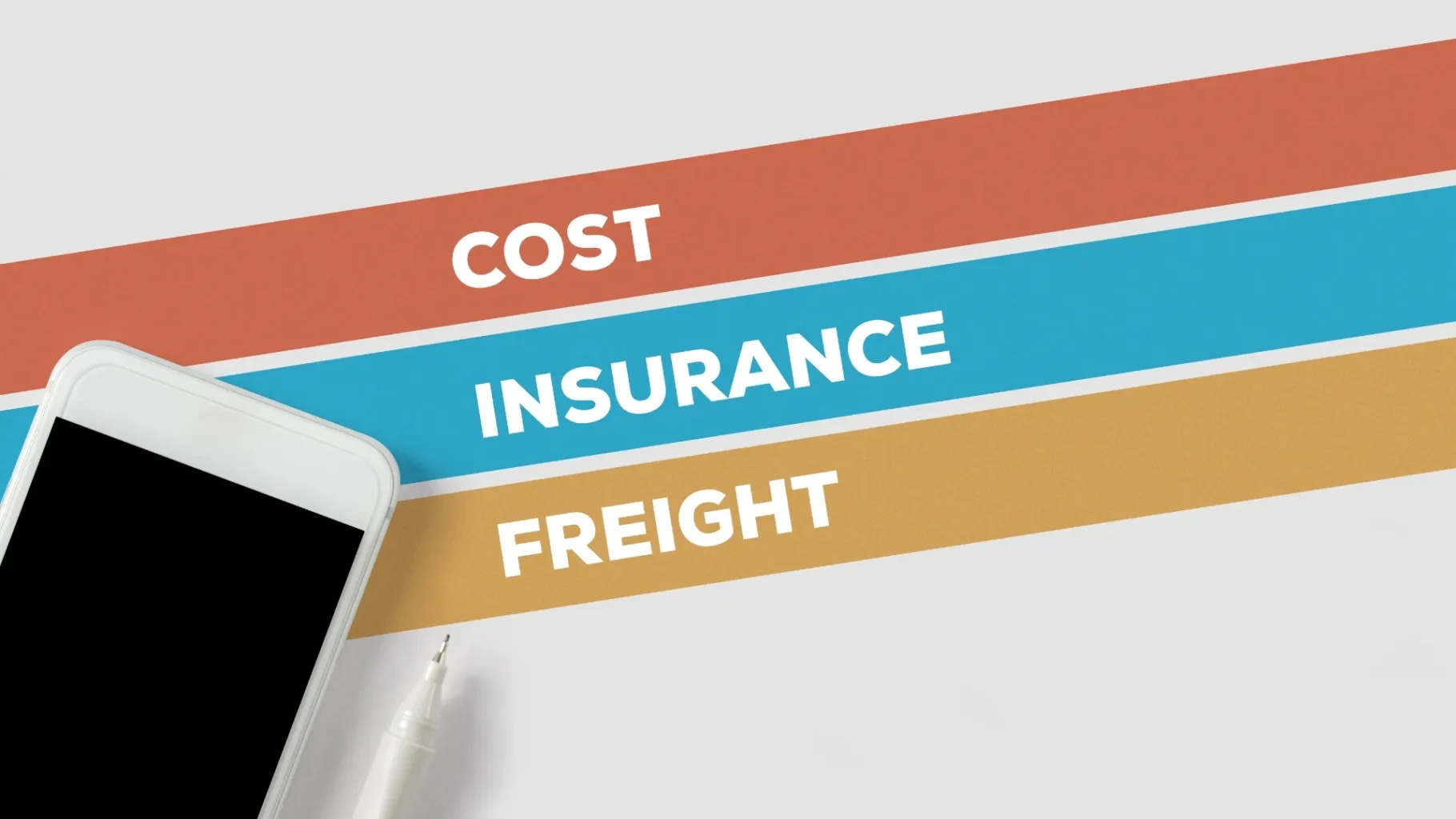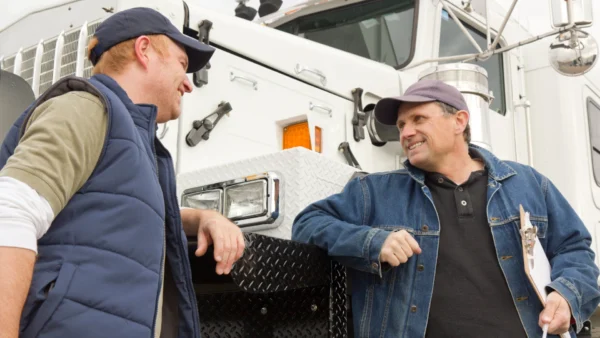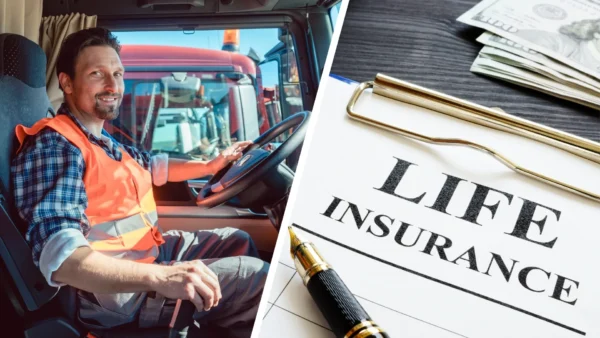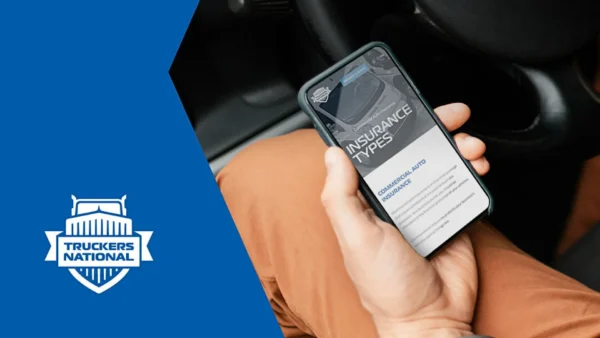07.01.25
Box Truck Insurance and Cargo Protection: What You Need to Know
Box trucks are indispensable for last-mile deliveries and regional hauls, transporting all kinds of goods throughout a nationwide network of local roads and highways. But constant use on busy roads comes with risk, and that’s where box truck insurance comes in. It’s not just another expense; it’s a safety net that keeps a single incident from derailing your operation.
The Basics of Box Truck Insurance
Box truck insurance typically includes two fundamental coverages: liability coverage and physical damage coverage. Liability pays for injuries or property damage you cause to others (legally required), while physical damage coverage covers repairs to your truck from collisions, theft, or other mishaps. While these coverages are the foundation of your protection, be mindful of gaps: a basic policy might not automatically include coverage for the cargo you’re hauling or for incidents when your truck is used off the clock.
Federal law sets minimum liability limits (around $750,000 for many interstate box trucks, higher if you haul hazardous materials), and states may have their own rules, too. Meeting those minimums keeps you legal, but it might not fully protect your business. That’s why many box truck operators carry higher coverage limits and add extra coverages to stay protected.
Types of Coverage
Liability Insurance
Liability insurance covers injuries or property damage you cause to others in an accident. This coverage is mandatory and protects you from third-party claims or lawsuits.
Physical Damage Insurance
This covers damage to your truck, including collision damage and non-collision incidents like theft, vandalism, or weather. Without this, you’d have to pay out of pocket for truck repairs or replacements.
Cargo Insurance
Covers loss or damage to the goods you transport. If your freight is stolen, damaged in a crash, or spoiled due to a refrigeration breakdown, cargo coverage compensates you for those losses.
Uninsured/Underinsured Motorist Coverage
This covers you if your box truck is hit by a driver who has no insurance or does not have enough insurance. It can pay for your truck’s repairs and medical bills for you or your driver.
General Liability Insurance
Extends protection to incidents not directly caused by driving. For example, if someone is injured or property is damaged while you’re delivering cargo (apart from a vehicle accident), general liability insurance covers it.
Bobtail/Non-Trucking Liability
Covers your truck when driven off duty (not hauling cargo or under dispatch). If you’re using the truck for personal errands or maintenance and an accident happens off the job, this coverage ensures you’re still protected.
Common Risks and How Insurance Mitigates Them
Even with careful driving, box truck operators face a variety of hazards. Here are some of the most common and how insurance helps manage them:
Accidents
Crashes happen, and they can be costly. Liability and physical damage coverage ensure that an accident’s expenses don’t cripple your business.
Cargo Damage or Loss
Freight can get damaged, lost, or stolen. Cargo insurance covers these losses, so you don’t have to pay out of pocket if something goes wrong with a delivery.
Mechanical Breakdowns
Insurance won’t cover routine mechanical repairs, but optional plans like towing coverage can help get your truck to a shop and back on the road. And if a breakdown causes cargo spoilage (for example, a reefer unit fails), your cargo policy covers the lost goods.
Weather Disasters
Storms, hail, floods, and other natural events can wreak havoc on your truck and cargo. Comprehensive coverage and cargo insurance protect you by covering weather-related damage to your vehicle and cargo.

How to Set the Right Coverage Limits
Consider your cargo, routes, and fleet size when choosing coverage limits. You’ll likely need higher liability and cargo limits if you haul high-value goods or drive long interstate routes. Conversely, local deliveries with lower-value items might be fine with standard coverage (as long as you meet the required minimums).
Getting professional guidance can make this process easier. A specialized provider like Truckers National will evaluate your business and recommend appropriate limits so you’re not underinsured or overpaying for coverage you don’t need. We’ll balance premium vs. deductible: offering a higher deductible will lower your premium. With expert help, you can find a sweet spot that gives you solid protection at a price that fits your budget.
Cost-Effective Strategies
Staying well-insured doesn’t have to break the bank. Here are a few ways to save on your premiums:
- Bundle Policies: Insure multiple coverages (and vehicles) with one provider to earn discounts.
- Higher Deductibles: Raising your deductible lowers your premium. Just be sure you can afford that out-of-pocket cost if a claim occurs.
- Prioritize Safety: Fewer accidents and claims mean lower rates. Keep clean driving records and invest in driver training or safety programs to help with this.
- Ask About Discounts: Check for any discounts you might qualify for. You could save by installing anti-theft devices, maintaining a claim-free record, or running a safety program.
Looking Toward the Future
The world of box trucking is always changing, and new technology and regulations are emerging that can affect your insurance. On the tech side, telematics (GPS tracking and driver monitoring) and advanced safety features (like collision-avoidance systems and dash cams) are becoming common. These innovations help reduce accidents and can even lead to lower insurance premiums as insurers reward safer operations. Meanwhile, regulations are shifting as cleaner electric trucks are on the rise, minimum insurance requirements may increase, and an ongoing driver shortage is putting more focus on training and safety.
Through all these changes, Truckers National stays up-to-date and adapts its support for clients. We can help you leverage new tech and adjust your coverage to meet new rules.
Covered Means Protected
As said, box truck insurance is not just another expense; it’s a safety net that keeps a single incident from derailing your operation. With the right coverage, you can handle surprises like accidents or cargo losses and keep your deliveries on track. Take time to review your policy and make sure it truly covers your needs. If you’re unsure, contact Truckers National Insurance for a personalized policy check-up or quote.



